Rwanda Genocide Anniversary: Country Mourns Its Dead 20 Years After The 1994 Massacre [PHOTOS]
Rwanda began a week-long mourning on Monday to mark the twentieth anniversary of the genocide that took place in the country in 1994, when at least 800,000 people -- mostly Tutsis and moderate Hutus -- were killed by Hutu extremists.
Paul Kagame, the sixth and current president of Rwanda, lit a torch that will burn for 100 days -- the length of time the genocide lasted, BBC reported, adding that the week of mourning began with a wreath-laying ceremony at the national genocide memorial, which was followed by the lighting of a flame at the Amahoro Stadium in Kigali, the capital of Rwanda.
According to BBC, thousands of people packed the stadium, while older women performed a slow melody at the event that was attended by many international leaders, including Ban Ki-moon, the Secretary General of the United Nations; Yoweri Museveni, the president of Uganda; Thabo Mbeki, the former president of South Africa; and Tony Blair, a former prime minister of UK and a current adviser to the Rwandan government.
On Sunday, many people also attended a Mass at the Sainte-Famille Catholic church in Kigali to commemorate those who died in the church and elsewhere, BBC reported.
Meanwhile, Rwanda's government barred Michel Flesch, the French ambassador to Rwanda, from attending the week-long events amid a growing diplomatic row surrounding France's alleged controversial role in the 1994 massacre.
“Yesterday night the Rwandan foreign ministry telephoned to inform me that I was no longer accredited for the ceremonies,” Flesch told Agence France-Presse on Monday.
Christiane Taubira, the French Justice Minister, had earlier pulled out of the events after Kagame repeatedly accused France, who was an ally of Rwanda's Hutu nationalist government prior to the 1994 killings, of participating in the genocide.
However, France has repeatedly denied any direct involvement in the killings and has refused to apologize.
The violence began after Hutu president Juvenal Habyarimana was killed when his plane was shot down over Kigali on April 6, 1994. Cyprien Ntaryamira, the Burundian president who was on the plane with Habyarimana, was also killed.
In July 1994, the killings ended after the Rwandan Patriotic Front, a Tutsi-led rebel group, marched into Kigali and seized control of the country, the BBC report said.
“The scale of the brutality in Rwanda still shocks: an average of 10,000 deaths per day, day after day, for three months,” Ban said in a statement, obtained by AFP.
U.S. President Barack Obama also paid tribute to the victims, saying that the genocide “was a deliberate and systematic effort by human beings to destroy other human beings.”
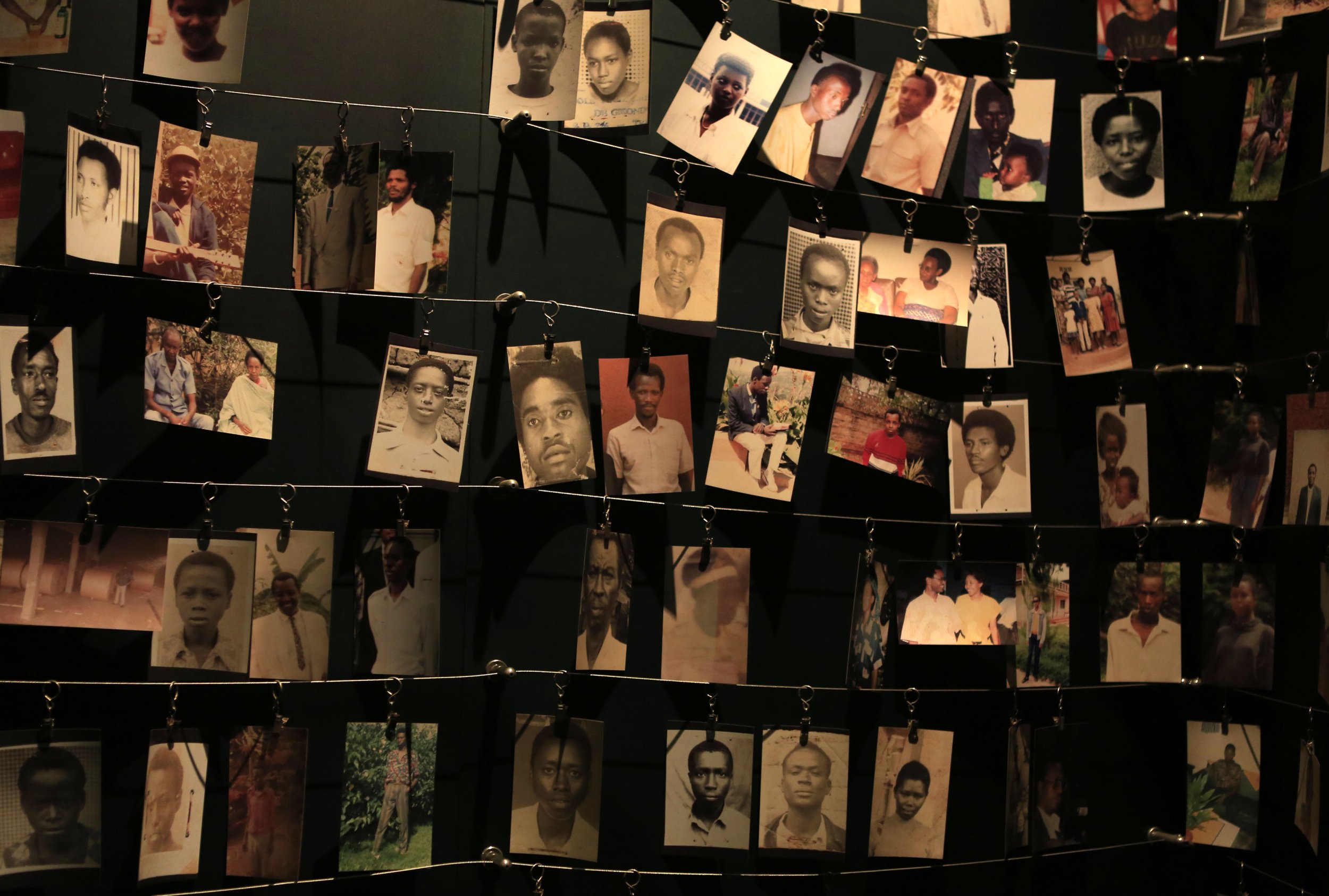
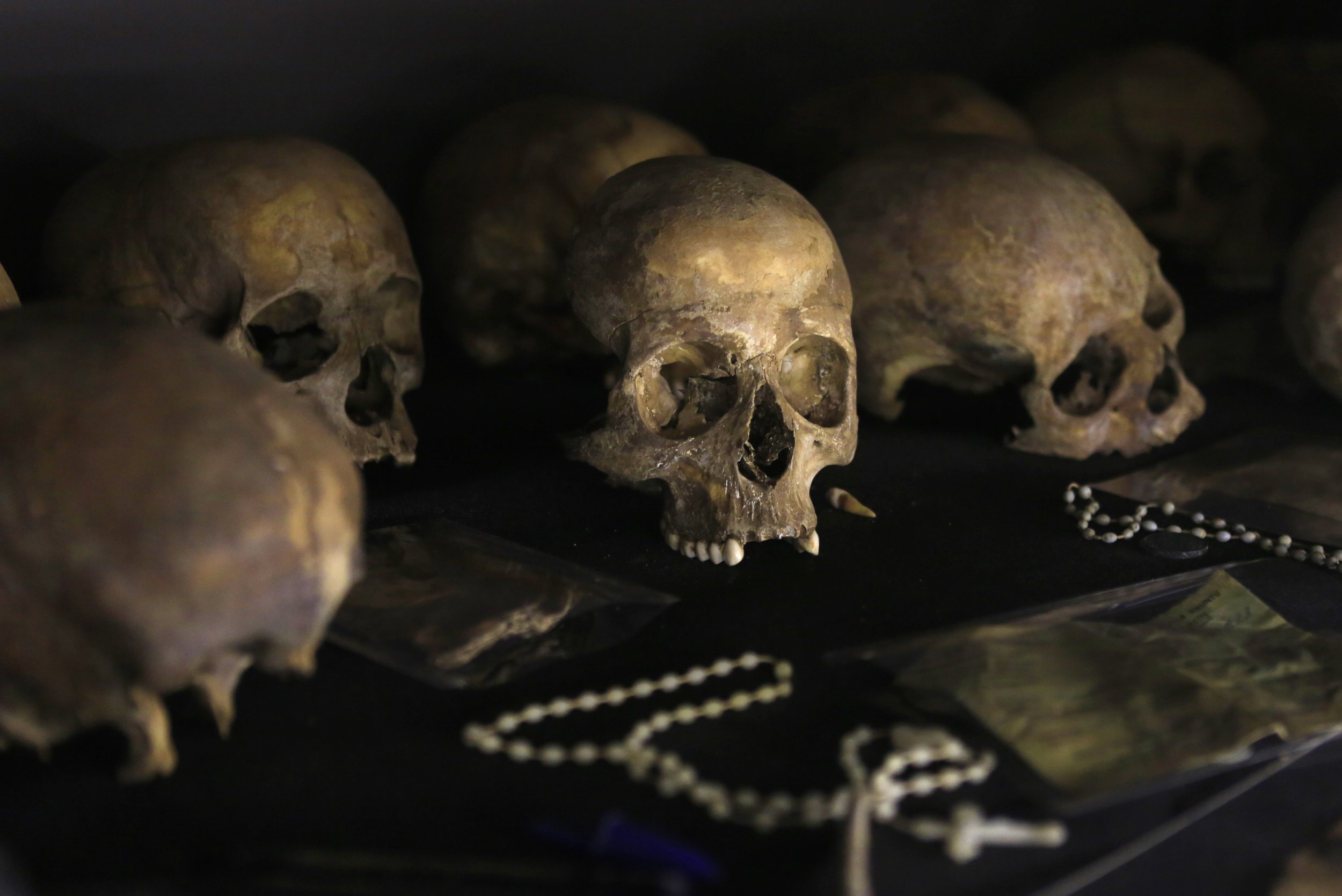
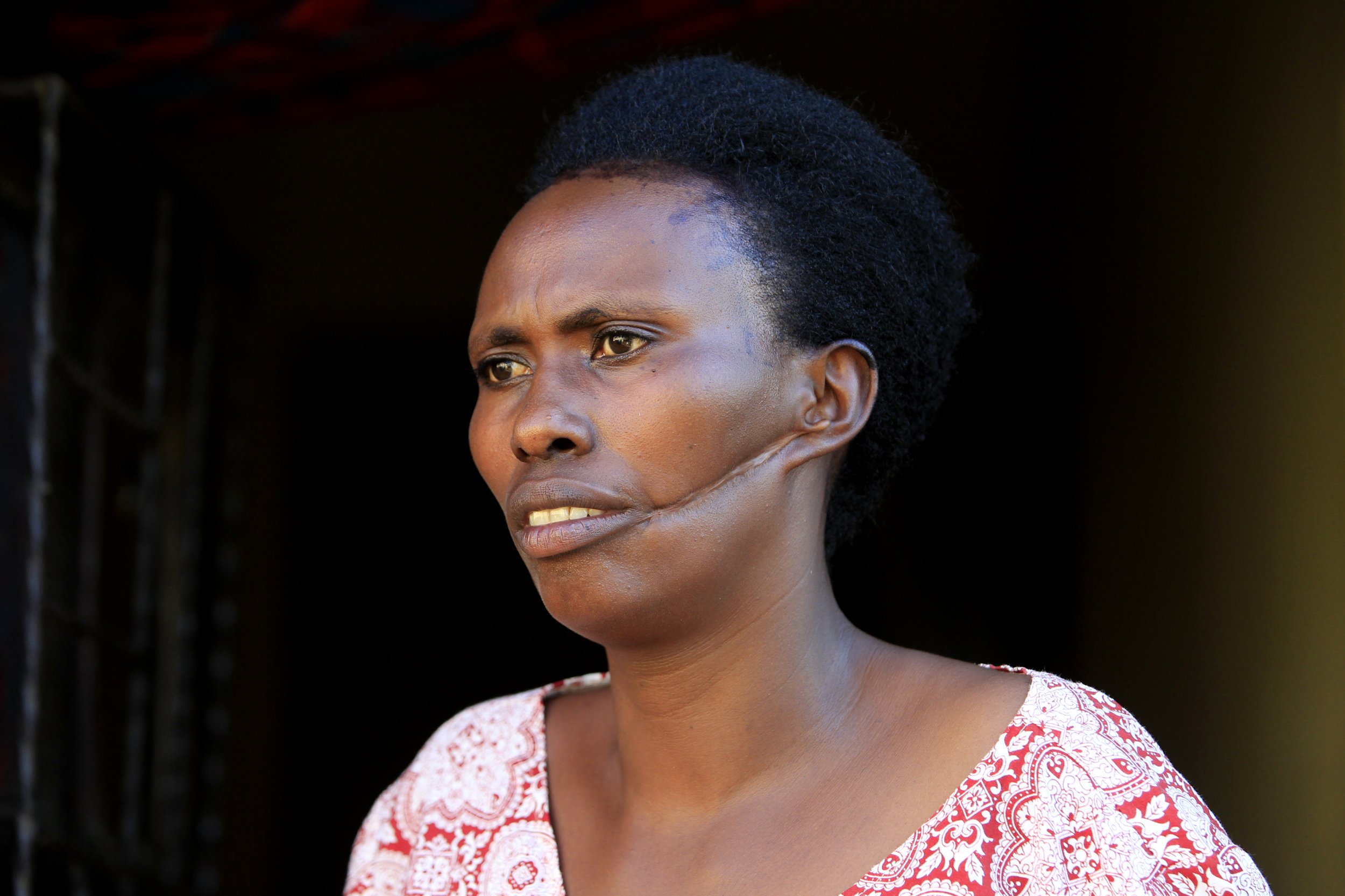
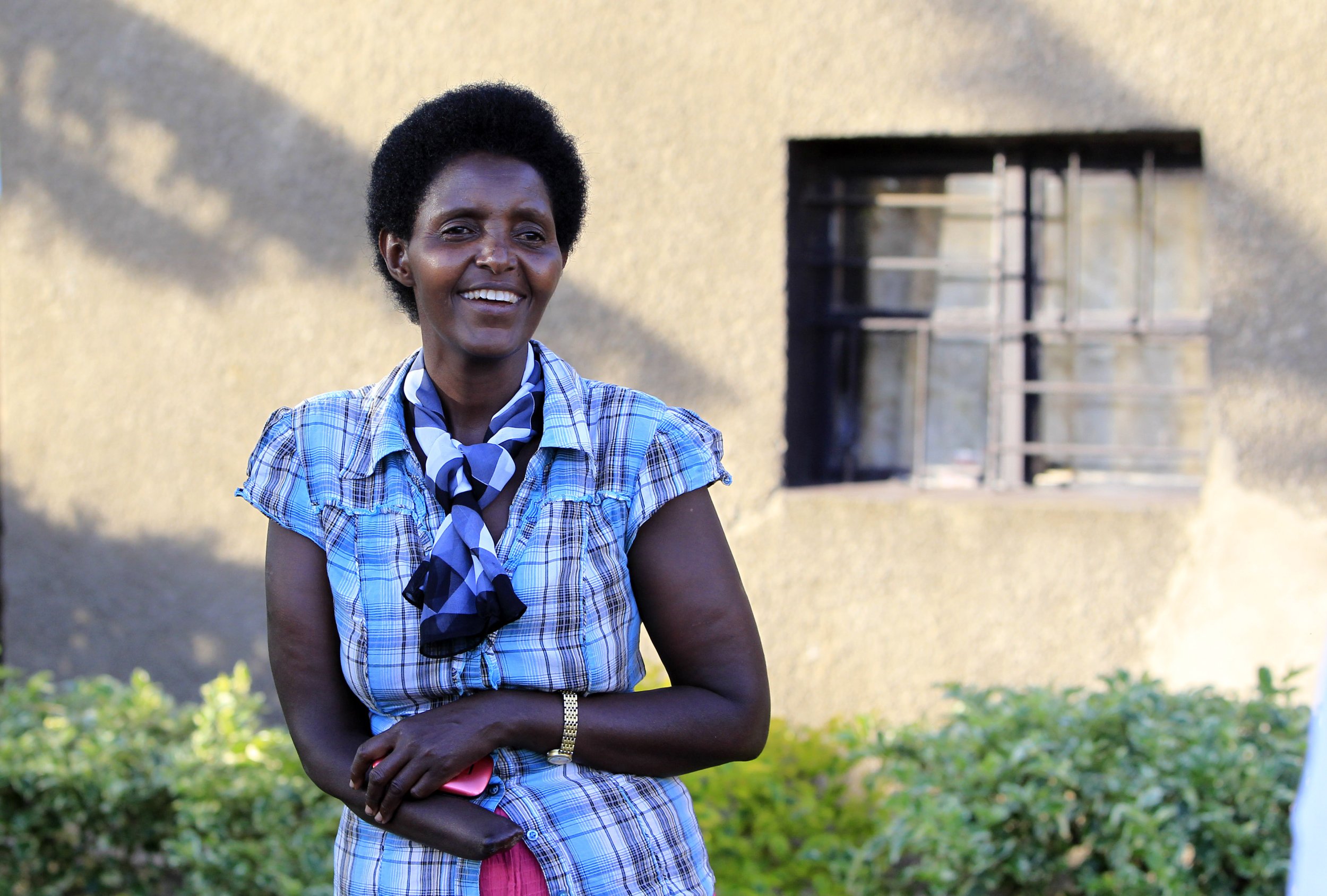
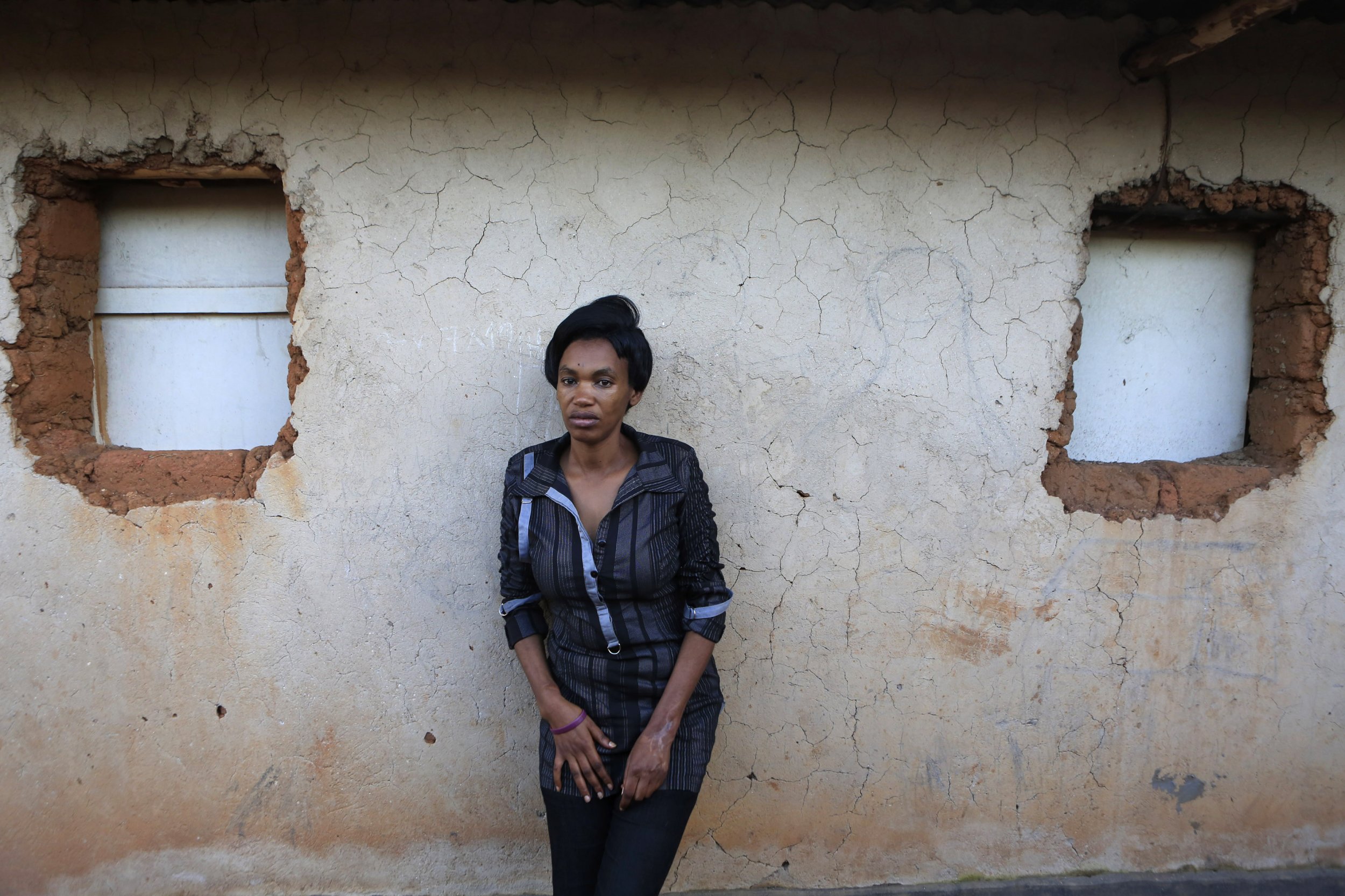
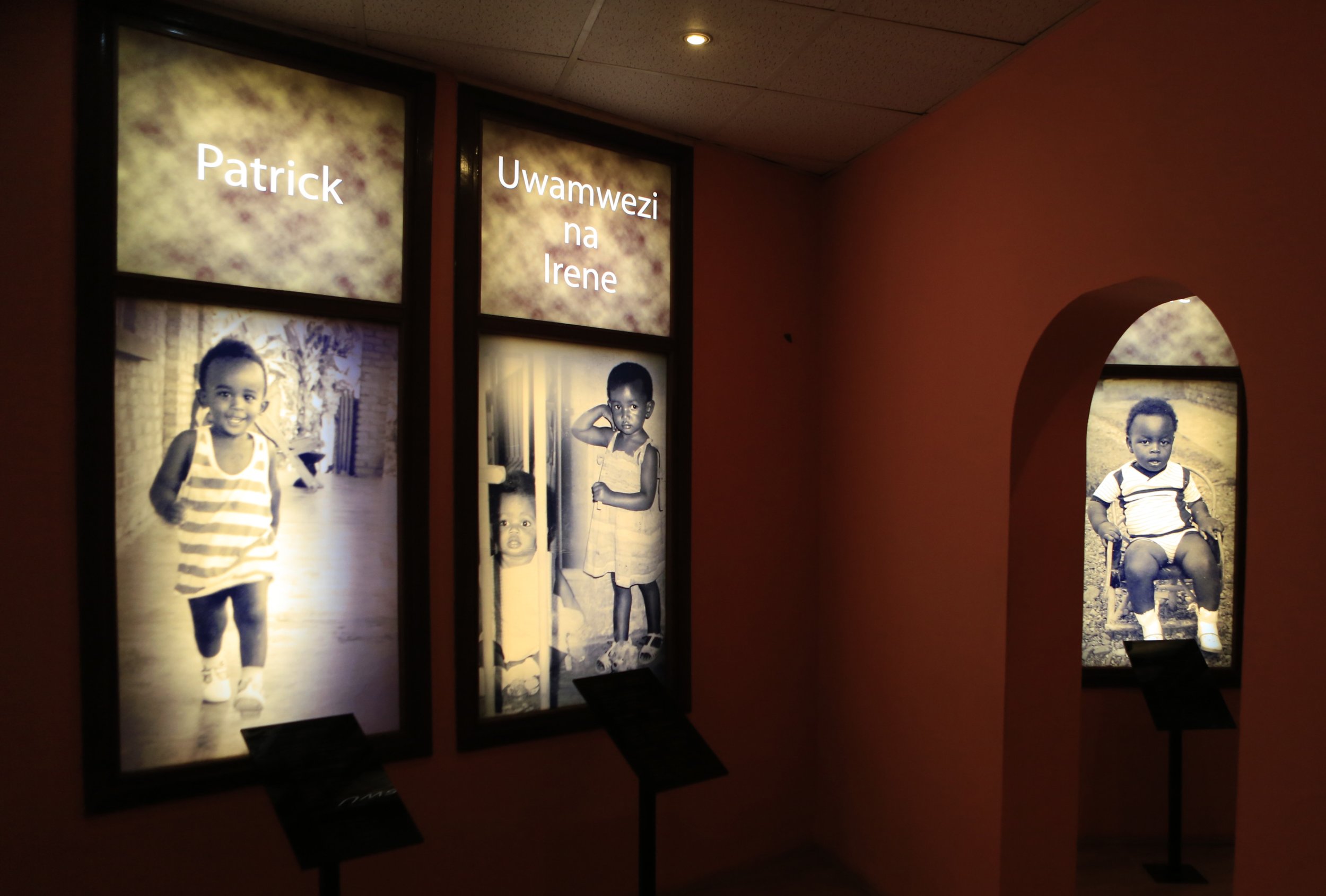

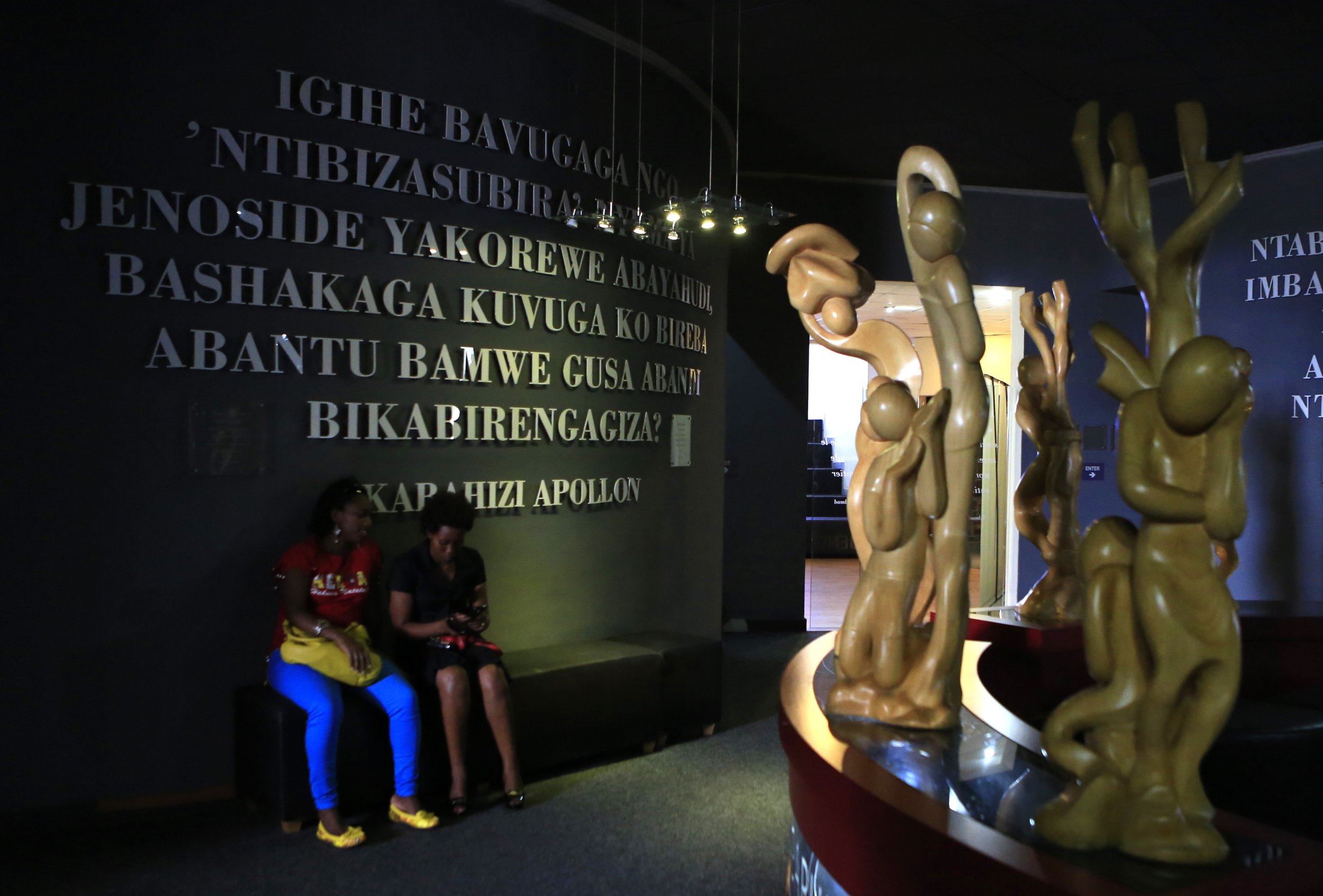
© Copyright IBTimes 2025. All rights reserved.






















